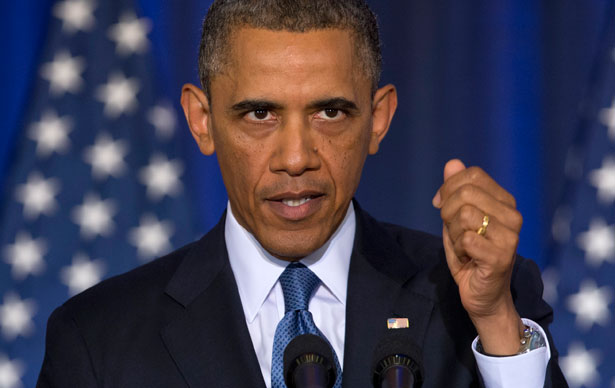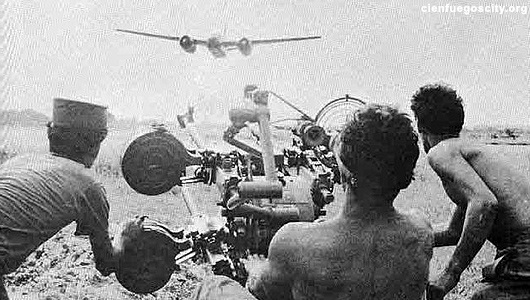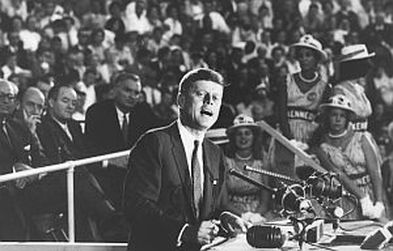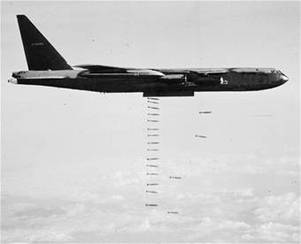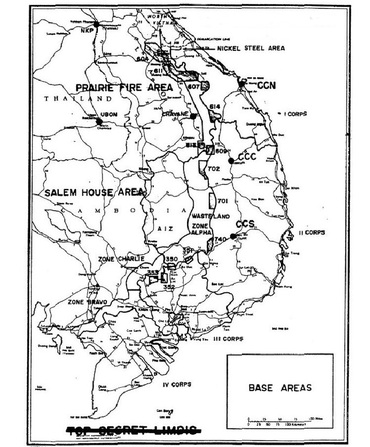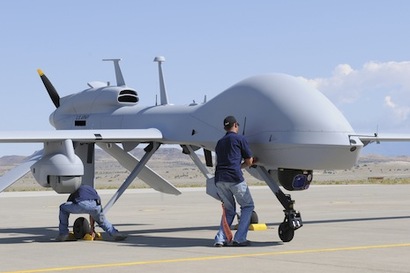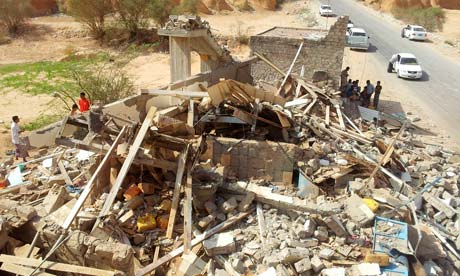Legacy in the American Government
The Dulles brothers left behind a legacy of willful blindness, with leaders interpreting facts to support their views and abusing power to carry out their agendas without proper approval.
The Iranian coup helped set the standard for leaders to go to the CIA to carry out operations that would not otherwise be legal or practical.
Bay of Pigs
The failed Bay of Pigs invasion was an attempt to remove the leftist government of Fidel Castro. It led to the Cuban Missile Crisis, and disintegration of Cuban-American relations. Allen Dulles was forced to resign as a result of this failure, due to poor planning by leaders of the operation.

Excerpt from the Kirkpatrick Report, showing the willful blindness of the operation leaders.
Click here for the full report.
Click here for the full report.
"The president approved the continuation of CIA’s ‘current activities’ despite warnings from the State representatives regarding the ‘grave political dangers’ to US relations with other members of the Organization of American States." |
Excerpt from the Taylor Commission Report. Click here for the full report.
Cambodian and Laotian Bombings
Under the Nixon administration, the US invaded the neutral state of Cambodia initially without Congress's knowledge.
|
Modern CIA Activity
Drone strikes and enhanced interrogation programs are examples of parts of the American government bypassing checks and balances in the legacy of the Dulles brothers.
Click below to view points made in the Senate Select Committee's 2014 study on CIA conduct relating to information and communication, and checks and balances.
Click here for the full report
"The Dulles brothers turned the State Department and the CIA into a reverberating echo chamber for their shared certainties."
- Stephen Kinzer, foreign correspondent

